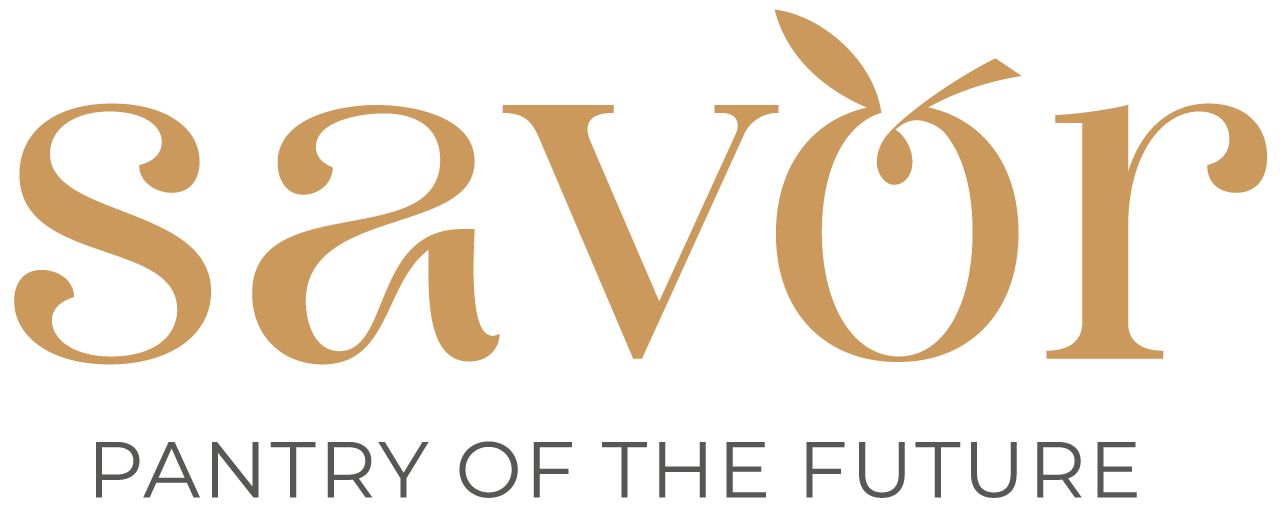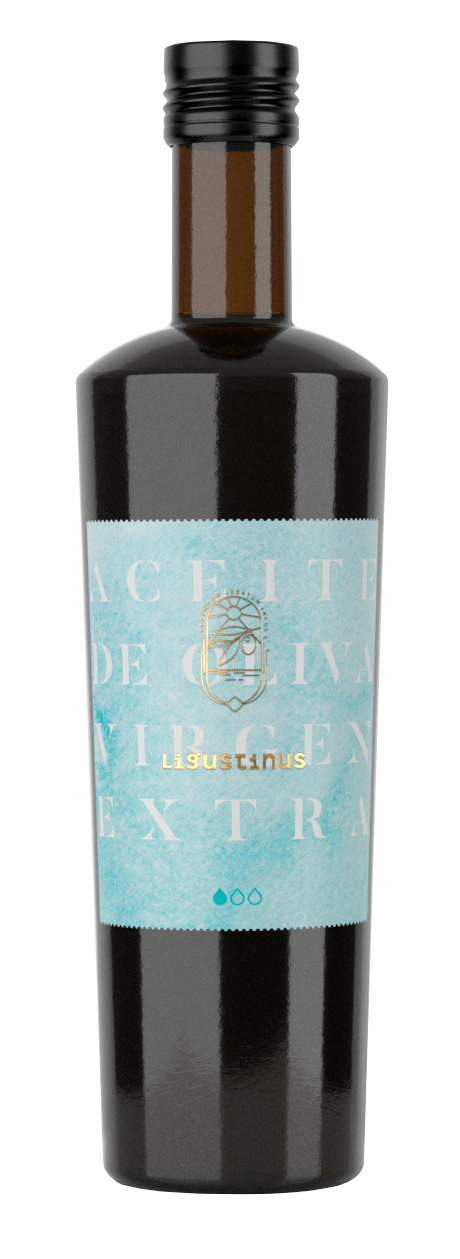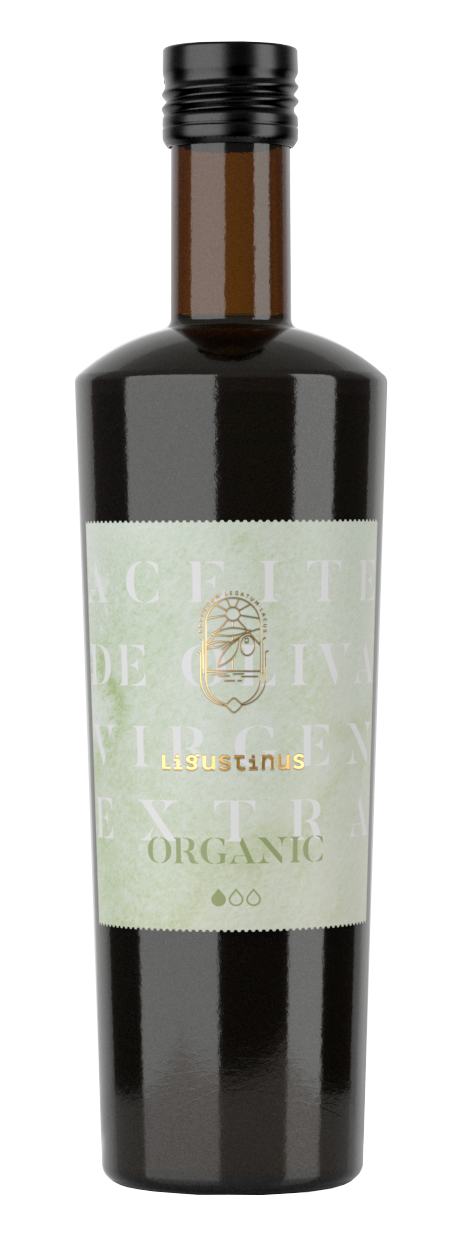Quality and traceability
Our top priorities
We are committed to environmental sustainability and transparency in each stage of the chain, controlling the entire production process through a vertically integrated model, from the origin in the olive groves (planting and harvesting) to processing (selection, milling, filtration), packaging, storage, marketing and distribution logistics.
This sustainable production model, consisting of more than 5,000 hectares of olive groves in the provinces of Seville and Cadiz (Andalusia, Spain), offices, a packaging plant and an oil mill, results in the production of high-quality, healthy products.



Lacus Ligustinus is the historical name used since the 4th century to refer to the coastal geographical feature formed at the mouth of the Guadalquivir river before reaching the Atlantic Ocean, which has evolved into today’s marshlands.
Due to the fertility of this area, the strip gave rise to the Phoenician city of Ispal, now Seville, where olive trees and wine began to flourish and marked the local culture becoming a place of prosperity with land dedicated to rice cultivation, livestock and other agricultural activities, as well as fishing. The Guadalquivir marshes are now home to more than 150 species of wildlife.
Ligustinus extra virgin olive oil continues this legacy to combine the traditions of the past with a contemporary approach, respecting the environment and the professionals involved in its careful production process.



